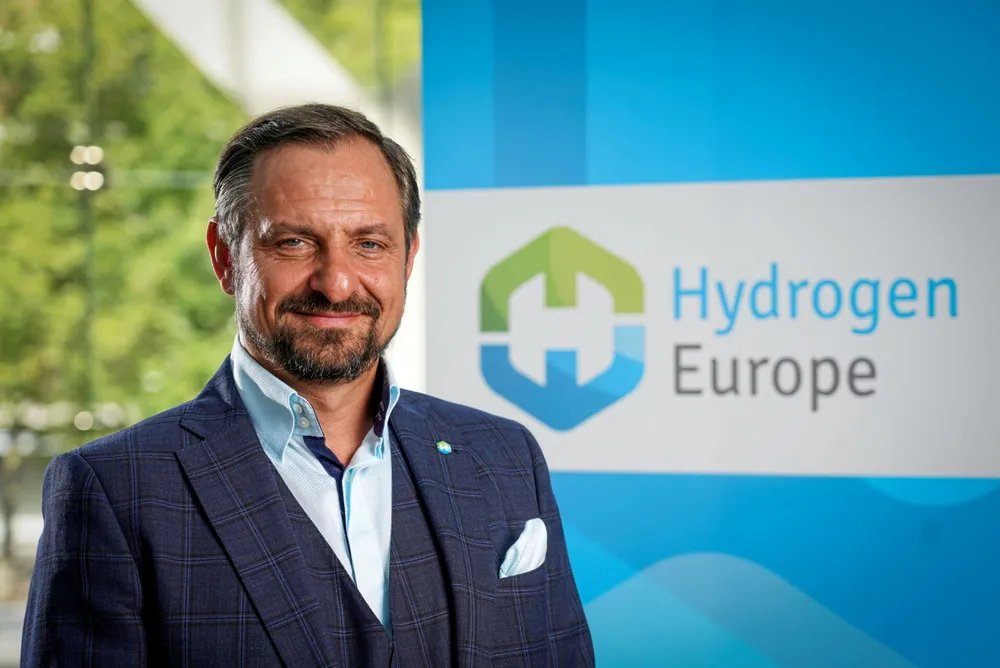'Disproportionate' EU green hydrogen rules risk mass exodus to US, warns Hydrogen Europe
US Inflation Reduction Act’s 'clear and simple' rules for green H2 throw a harsh light on EU’s strict additionality requirements, says trade association

US Inflation Reduction Act’s 'clear and simple' rules for green H2 throw a harsh light on EU’s strict additionality requirements, says trade association
